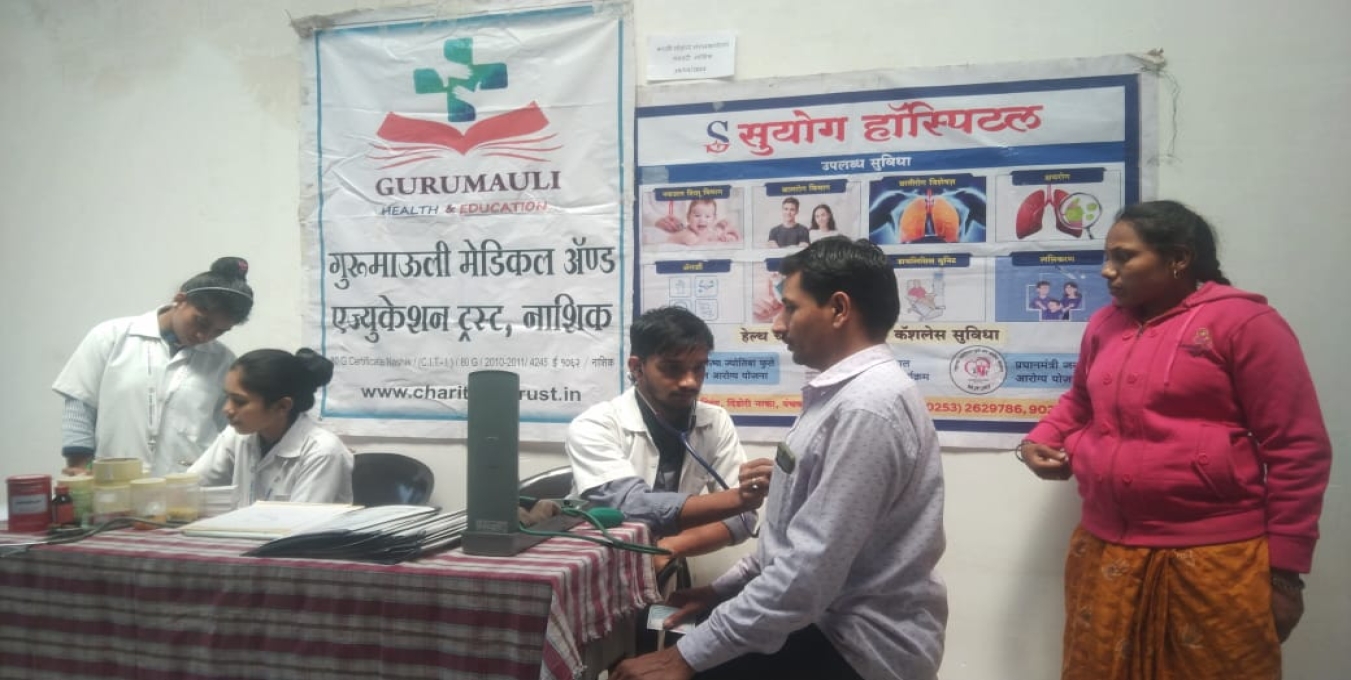
The Importance of Regular Health Screenings and Check-Ups Regular
Regular health screenings and check-ups are an essential part of maintaining good health and preventing potential health problems. As the old saying goes, prevention is better than cure, and this is particularly true when it comes to healthcare. By undergoing regular health screenings and check-ups, you can detect potential health problems early, which can significantly improve your chances of successful treatment and recovery. In this blog post, we will discuss the importance of regular health screenings and check-ups, the various types of screenings available, and what you can expect during a routine health check-up.
Why are Regular Health Screenings and Check-Ups Important?
Many people assume that regular health screenings and check-ups are unnecessary unless they are experiencing symptoms of an illness. However, this is not the case. Many serious health conditions, such as high blood pressure, high cholesterol, and cancer, often have no symptoms in their early stages. Without regular health screenings and check-ups, these conditions can go undetected and untreated, leading to potentially life-threatening consequences. Regular health screenings and check-ups can help you catch potential health problems early, before they progress and become more difficult to treat. For example, routine screenings can detect abnormalities in your blood pressure, cholesterol levels, blood glucose levels, and cancer markers, which can all be treated or managed more effectively if detected early.
Furthermore, regular health screenings and check-ups can also help you make more informed decisions about your health. Your healthcare provider can use the results of your screenings to provide personalized health advice, including recommendations for lifestyle changes or preventive measures you can take to reduce your risk of certain diseases.
Types of Health Screenings and Check-Ups
There are various types of health screenings and check-ups available, depending on your age, gender, and overall health. Here are some of the most common screenings and check-ups you may undergo:
1. Blood pressure screening: This test measures the force of blood against the walls of your arteries and can help detect high blood pressure, which can lead to heart disease and stroke.
2. Cholesterol screening: This test measures the amount of cholesterol and triglycerides in your blood, which can help detect high cholesterol, a major risk factor for heart disease.
3. Blood glucose screening: This test measures your blood sugar levels and can help detect diabetes, a chronic condition that can lead to serious health problems if left untreated.
4. Cancer screenings: Depending on your age and gender, you may undergo regular screenings for various types of cancer, including breast, cervical, prostate, and colorectal cancer.
5. STD screenings: If you are sexually active, you may undergo regular screenings for sexually transmitted infections (STIs), including HIV, chlamydia, gonorrhea, and syphilis.
6. Eye exam: This exam can detect vision problems and eye diseases, including glaucoma, cataracts, and macular degeneration.
7. Dental exam: Regular dental check-ups can help detect cavities, gum disease, and oral cancer.
What to Expect During a Routine Health Check-Up?
During a routine health check-up, your healthcare provider will likely ask you about your medical history, including any current or past health problems, medications, and lifestyle habits. They may also perform a physical exam, including measuring your height, weight, and blood pressure, and checking your heart, lungs, and abdomen for any abnormalities.
Depending on your age, gender, and overall health, your healthcare provider may also recommend specific screenings and tests, as well as provide advice on healthy lifestyle habits, such as exercise, nutrition, and stress management.
Conclusion
Regular health screenings and check-ups are essential for maintaining good health and preventing potential health problems. By detecting potential health problems early, you can improve your chances of successful treatment and recovery, as well as make more informed decisions about your health.
.gif)
.gif)